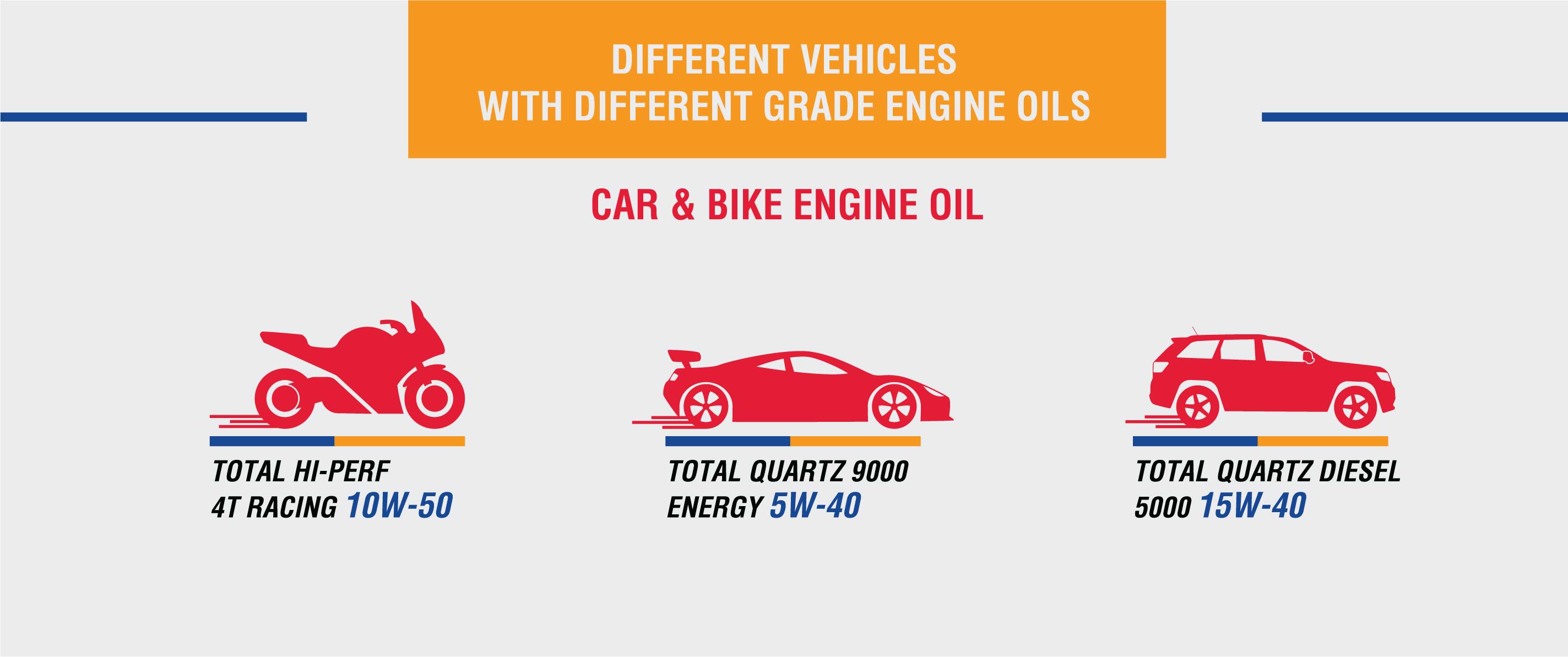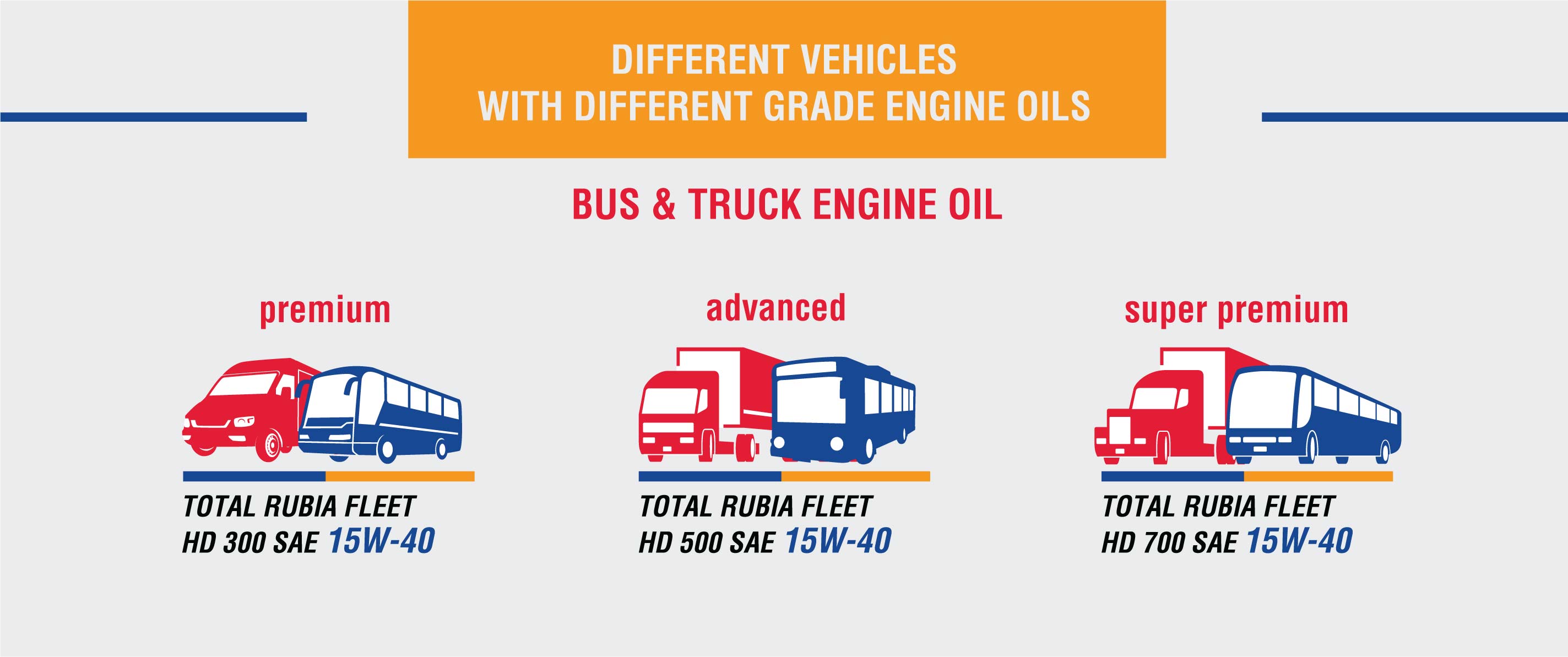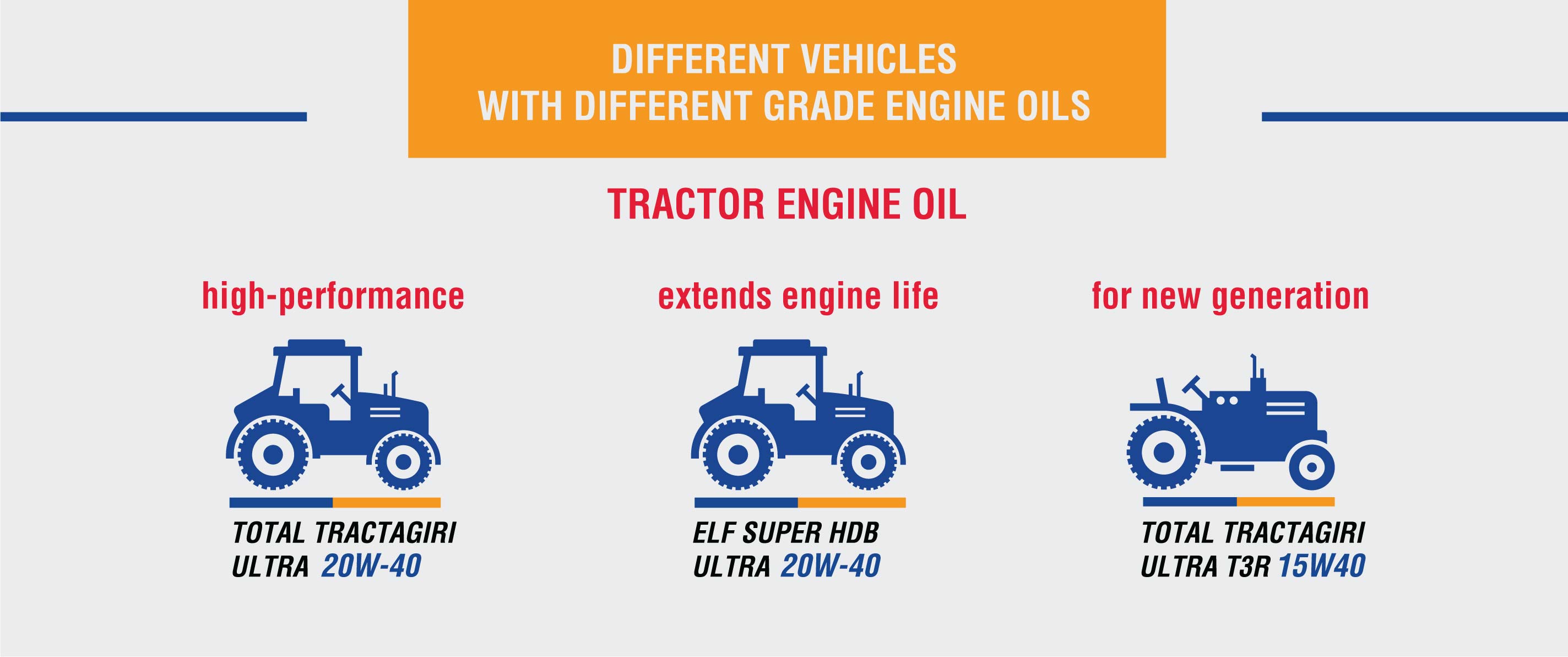
What is Fully synthetic, Semi synthetic and Mineral Engine oil?
The normal operating temperature range of an engine lies between 90⁰C to 105⁰C. If it were not for the diligent use of Engine Oil, the engine and gear box would cease due to overheating. This is usually caused by friction of the piston working against the cylinder and moving gears. When you use a good engine oil, it not only helps reduce engine wear & tear by over 70% but it also keeps your engine cool, perform better and burn lesser fuel. There are essentially 3 types of engine oils viz. mineral engine oil, semi-synthetic engine oil & Fully synthetic engine oil.
Mineral Engine Oil
Mineral Oil or conventional oils as they are sometimes called, are simply petroleum oils which have been treated to perform over a broad temperature spectrum. These type of engine oils can be used in general commuting conditions. Mineral engine oils usually need to be changed every 3000kms.
Semi-Synthetic Engine Oil
Semi-Synthetic engine Oil is mineral oil which have been mixed with synthetic oils to boost engine performance. This is attained by achieving a blend which maintains the right engine oil viscosity at both high and low engine operating temperatures.
Fully Synthetic Engine Oil
Fully Synthetic engine Oil are made by engineering Mineral Oils at a molecular level. This rids the Engine Oil of impurities and makes the molecules more uniform in structure, which allows Fully Synthetic Oils to be used in the most challenging conditions, Motorsports and extreme climatic condition. Synthetic Oil are the ultimate performance engine oils which even lowers sludge formation. These engine oils also have enhanced detergent properties, which fights corrosions and carbon deposits in the engine.
Understanding SAE Values
Very often you will come across the values like 20W-40, 10W-50, 5W-40, SAE 30 etc. on packaged engine oil jerrycans. It is very important to go by the SAE value your car or motorbike manufacturer recommends for your vehicle. To help you understand the simple science behind these values, engine oils are tested by being heated to 100⁰C and passed through a viscosity-meter where the recorded figure gives you the value of the last two digits, in the above-mentioned nomenclature. Now, the digit mention before W is the viscosity value of the oil in a cool temperature condition. So, warmer the engine gets, the thinner the engine oil gets, and the cooler engine is (especially during startup) the thicker the engine oil is. So, ideally what you need is an engine oil that maintains a functional viscosity bandwidth across hot and cold temperatures. You may need to also note that engine oils which simply mention SAE 30 or any other figure after the SAE nomenclature, simply offers you the viscosity value of the oil at 100⁰C and not the cool condition value.
How to apply this knowledge while choosing an engine oil
If what you drive/ride is a performance-oriented car/motorbike, fully synthetic engine oil with an SAE value of 5W-40 for cars or 10W-50 for motorbikes can be optimum. In this case the 5/10 SAE value will make sure the engine oil is viscous enough to circulate through the engine during a cold start up, while 40/50 SAE value will make sure the oil doesn’t run too thin through hard acceleration. Now, if you are driving something like a hatchback/sedan or riding a standard commuting motorbike, then to get the best out of your car/motorbike, 20W-40 grade in the case of a motorbike or a 10W-40 grade in the case of a car. These will ensure your vehicle performs at its maximum potential while also protecting your engine.

Similarly, for a diesel engine SUVs & UV, a 15W-40 premium mineral oil is good because a diesel engine takes longer to warm-up while the engine also functions at a lower operating temperature. When it comes to high-torque diesel engine Tractors, you may need something that allows your engine peak performance through challenging climatic condition. 20W-40 grade oil preferably with carbon busting additives makes your Tractor perform at optimum performance. When it comes to trucks, it is important to go for a multi-grade engine oil, which offers a good film protection through a range of flow and temperature conditions. So, if your truck is turbo charged, go for a multi-grade engine oil that is formulated with Pro EGR technology otherwise multi-grade engine oil with added booster molecules will also help your truck perform for longer duration.


The above-mentioned information is a simple guide to help you understand which oil is best for your vehicle. However, it’s always best to stick with the grade of oil your vehicle manufacturer (OEM) recommends.

